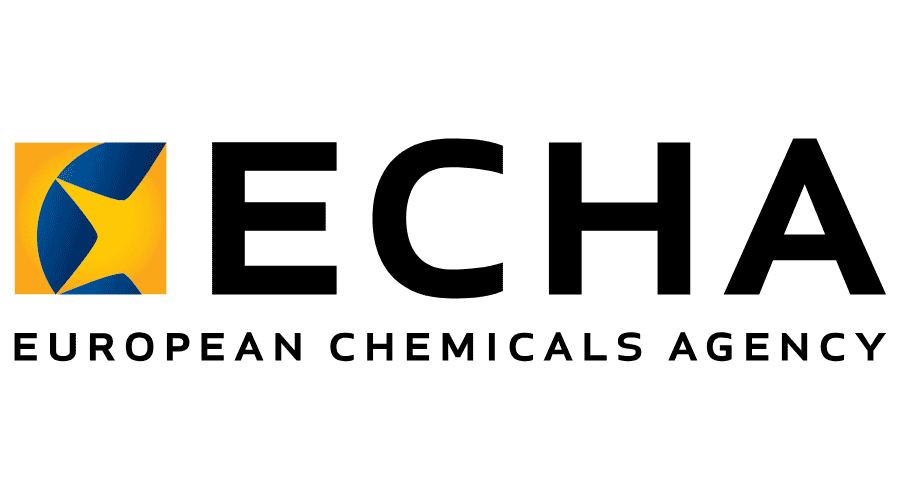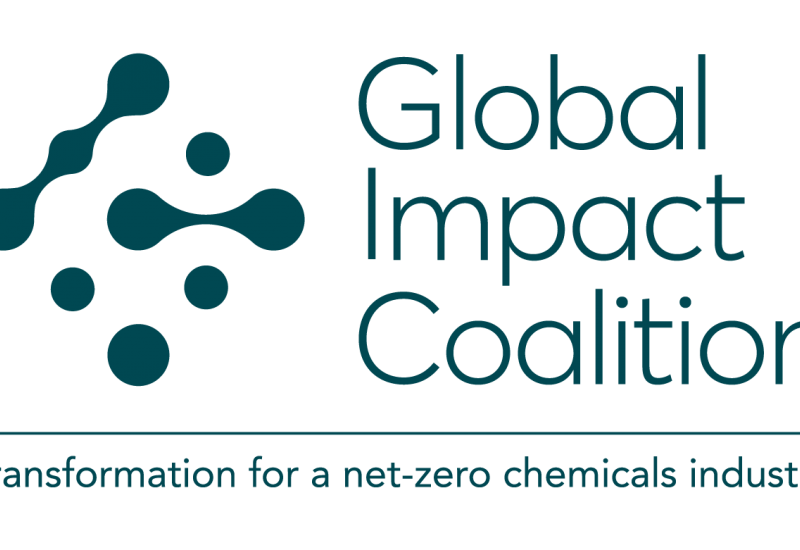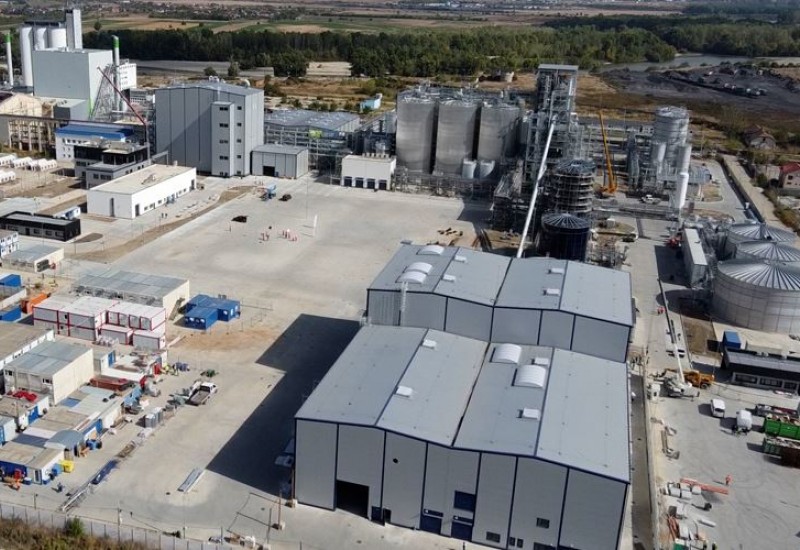ECHA checking more dossiers
The European Chemicals Agency (ECHA) has revealed that it conducted 301 in-depth checks on almost 3,000 REACH registration dossiers in 2019, covering 274 unique chemicals. This was about 50% up on the pervious year. Full details are available on the ECHA website.
The agency made some changes in its practices, including sending decisions to all registrants rather than just the lead registrant, which, it said, “contributed to a better collaboration among co-registrants”. It also focused mainly on dossiers from companies registering outside joint submissions, to ensure that their reasons for doing so were legally justified and that they met their data-sharing obligations are met.
In 245 cases, information was requested, with most asking to clarify long-term effects on the development of unborn children, genetic mutations, and aquatic toxicity. ECHA also examined nearly 100 testing proposals submitted by industry.
This means that ECHA has carried out an in-depth check of more than 1,000 chemicals across all tonnage bands during the past decade, including more than 20% all large-volume chemicals with the highest potential exposure. Over 10% of the checked chemicals have been proposed as candidates for harmonised classification at EU or EEA level.
Substance evaluation under REACH has also been going on at member state level since 2012. This has led to 264 chemicals being checked, 181 of which required further information. Of these, about one third then needed risk management measure, including four flagged for restriction, nine identified as substances of very high concern and 41 needing harmonised classification.















